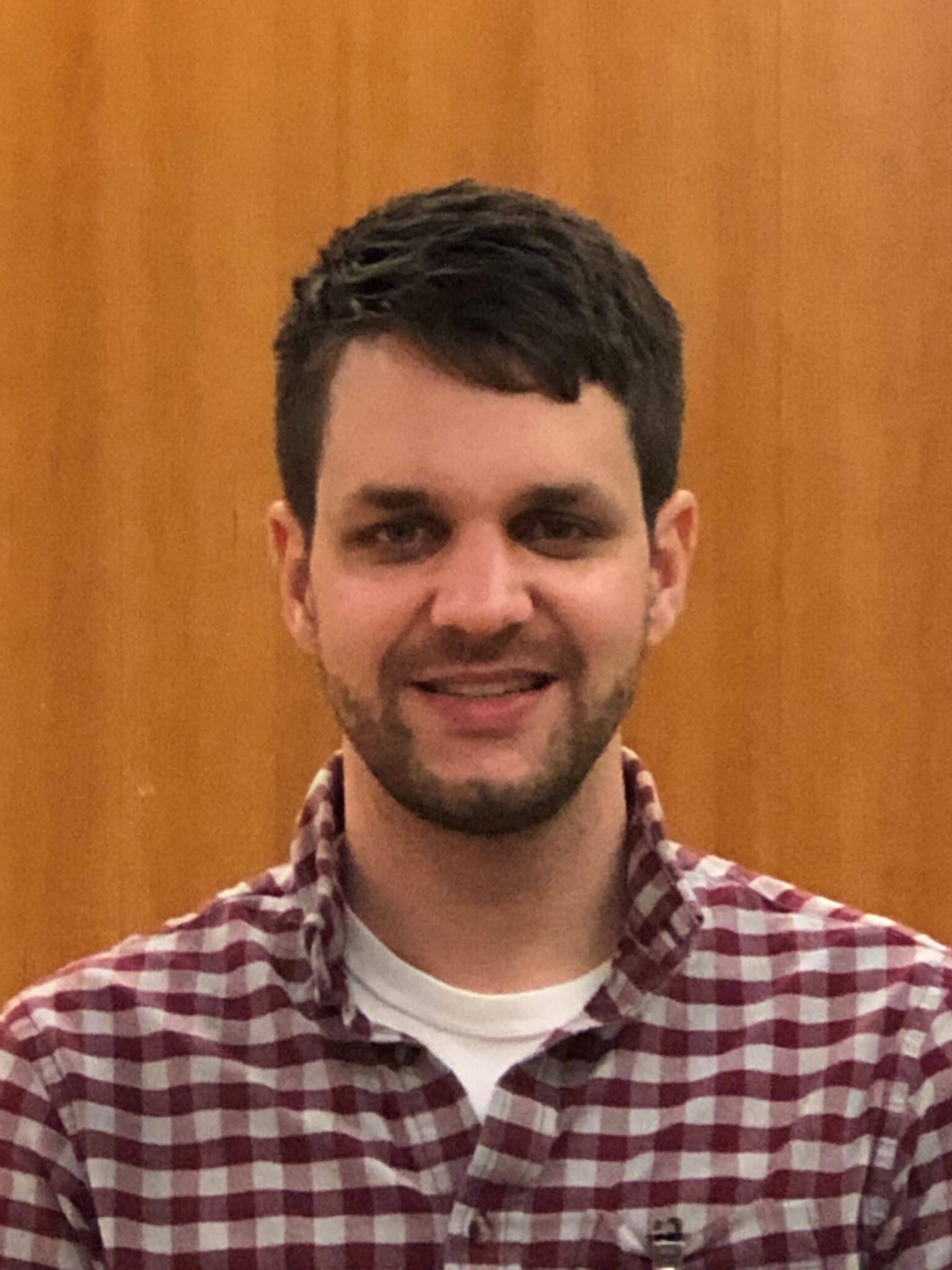- Assistant Professor, City College of New York
- Affiliate Faculty, Nanoscience Initiative
Ryan M. Williams, Ph.D.
Affiliation
Department of Biomedical Engineering, The City College of New York (Profile)
Research Interests
Research in the Williams Immune Nanomedicine Lab is focused on using nanomaterials to target and understand immune and inflammatory pathways in disease. Specifically, we design kidney-targeted polymeric nanoparticles as therapeutic tools for renal diseases. We also design implantable optical nanosensor devices as diagnostic tools for cancers and related diseases. We aim to translate these tools to the clinic and to use them to understand biological processes in disease.
Job History
- 2019 – Current: Assistant Professor, The City College of New York, CUNY
- 2013 – 2019: Postdoctoral Research Fellow, Molecular Pharmacology Program, Memorial Sloan Kettering Cancer Center
Publications
| Title |
|---|
R.M. Williams, S. Chen, R.E. Langenbacher, T.V. Galassi, J.D. Harvey, P.V. Jena, J. Budhathoki-Uprety, M. Luo, and D.A. Heller, Nanochemical Biology: harnessing nanotechnology to expand the toolbox of chemical biology, Nature Chemical Biology, 2021, 17, 129–137. |
R.M. Williams, J. Shah, E. Mercer, H.S. Tian, M. Dorso, E.A. Jaimes, and D.A. Heller, Renal peritubular capillary transcytosis of mesoscale nanoparticles mediates therapy of acute kidney injury, bioRxiv, 2020. |
S.J. Han, R.M. Williams. V.D. D’Agati, E.A. Jaimes, D.A. Heller, and H.T. Lee, Selective nanoparticle-mediated targeting of renal tubular TLR9 attenuates ischemic acute kidney injury, Kidney International, 2020, 98, 76–87. |
J.D. Harvey, R.M. Williams, K.M. Tully, H.A. Baker, Y. Shamay, and D.A. Heller, An in vivo nanosensor measures compartmental doxorubicin exposure, Nano Letters, 2019, 19, 4343-4354. |
R.M. Williams, C. Lee, T.V. Galassi, J.D. Harvey, R. Leicher, M. Sirenko, M. Dorso, J. Shah, N. Olvera, F. Dao, D.A. Levine, and D.A. Heller, Non-invasive ovarian cancer biomarker detection via an optical nanosensor implant, Science Advances, 2018. |

